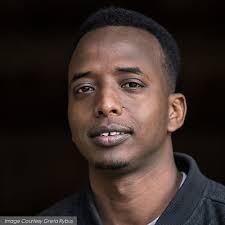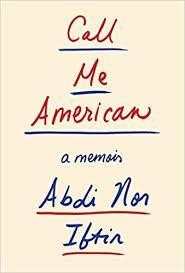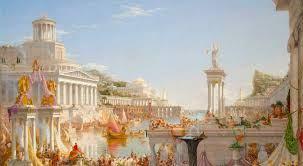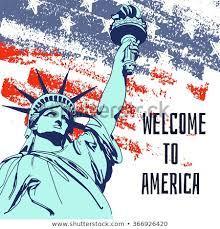 I was only half listening when the story began on NPR. But soon it was riveting. Abdi, a Somali refugee barely surviving in Kenya, struggling to reach America. Didn’t sound like he’d make it. Incredibly, he did.
I was only half listening when the story began on NPR. But soon it was riveting. Abdi, a Somali refugee barely surviving in Kenya, struggling to reach America. Didn’t sound like he’d make it. Incredibly, he did.
I was moved to write a poem. And to find Abdi to send him a gift. Then he authored a book and I was able to connect personally with him at a book fair. It was like meeting an alien from another planet.

The family tries to escape Mogadishu, but ultimately winds up back there. Along the way Abdi’s father is taken by gunmen. They eventually meet up again; he’s a shell of his former self. His mother is pregnant. No way that baby will survive.

Then the actual Americans arrive. “Ugly Americans?” Not to Abdi. But soon they’re gone, and Somalia goes from horrible to worse. The murderous warlord militias are supplanted by murderous hardline Islamists; and being “Abdi American” is no longer a good thing. Caught swimming with a girl at a beach, he’s sentenced to twenty lashes. Eventually he escapes to Kenya, where Somalis are hated and persecuted; it was jumping from the frying pan into the fire.

He’s an excellent writer, his seemingly matter-of-fact tone effectively conveying the horror. Death is so constant and routinized, you have to remind yourself it’s actual people dying. Reading the account, in my comfortable chair in my comfortable American home, brought to mind philosopher Thomas Nagel’s famous essay, “What is it like to be a bat?” Its point was that we can’t really know. What was it like to be Abdi?
English was his salvation. Brazenly accosting a western journalist leads to his supplying stories to BBC radio, and then “Team Abdi,” a network of Brits and Americans helping him. That, plus extreme effort, and huge luck, does finally get him to America. Most in his situation would have failed.
Abdi writes that exiting the plane in Boston felt like an historic moment. “Like when the first man walked on the moon.” Airport TV screens were showing news of the Ferguson protests. To Americans this signaled something bad. To Abdi it showed a freedom to challenge police unimaginable where he’d come from. Then, in a car, instructed to buckle his seatbelt: “I couldn’t believe I was in a place where people actually obey laws.” From the world of disorder to the world of order.

It’s fortunate he got here before Trump’s Muslim ban.
Advertisements